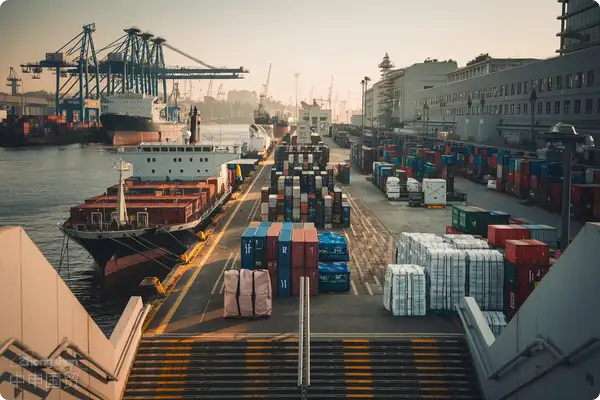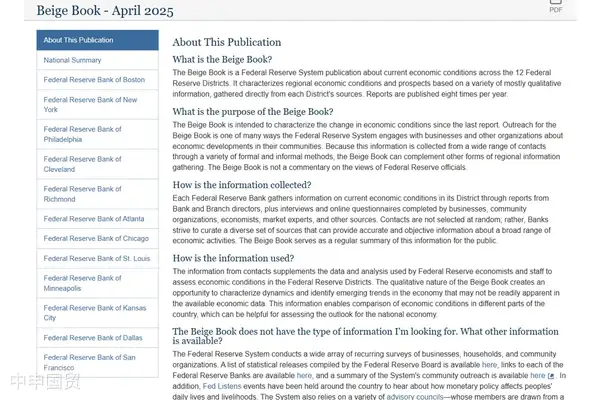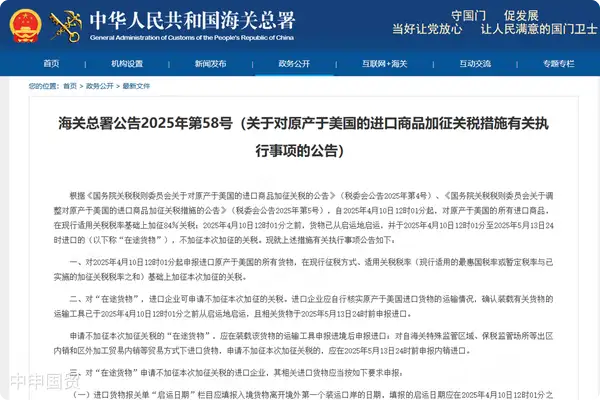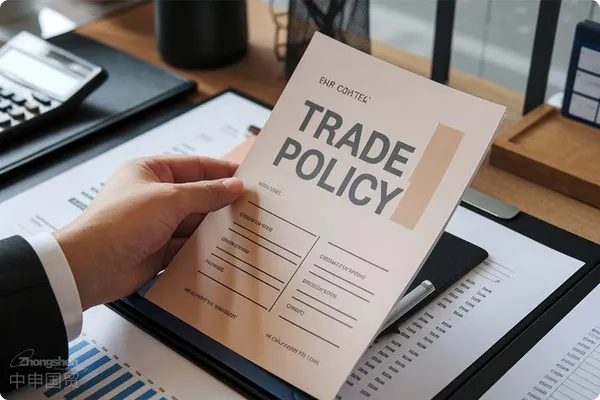- Shanghai Zhongshen International Trade Co., Ltd. - Two decades of trade agency expertise.
- Service Hotline: 139 1787 2118
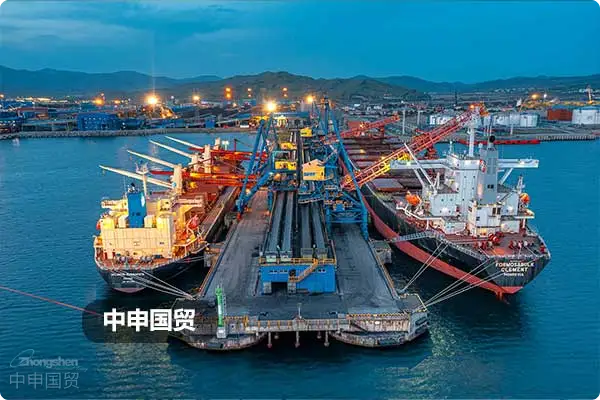
EquipmentImport RepresentationValue reconstruction of services
Against the backdrop of the global supply chain restructuring in 2025, the annual growth rate of domestic manufacturing enterprises introduction of automated equipment is expected to reach 18.7%. However, data from the General Administration of Customs shows that 37.2% of imported equipment has customs clearance delays, and 62% of them are due to document flaws. Professional agency services can not only shorten the import cycle by 40%, but also help enterprises avoid an average of 12.6% of hidden cost losses.foreign tradeConstruction of the Core Risk Prevention and Control System
Risk Point 1: Dynamic Management of HS Codes
In 2025, the customs tariff schedule added 37 sub - entries for electromechanical equipment
- Typical Case: A certain factory misjudged the tax rate as 17% due to using the old code
- Solution: Establish a monthly code verification mechanism + pre - classification serviceAutomotive partsRisk Point 2: Control of Technical Certification Timeliness
- The mandatory certification catalog has been expanded to 5 types of intelligent production equipment
Comparison of Certification Cycles:
- Self - handling by enterprises: 58 - 90 working days
- Agents Express Channel: 22 - 35 working days
- Full - process Optimization Strategy
- Successful Examples of the Project:
Setting of Contract Terms: Adopt the DDP term to transfer transportation risks
A certainphotovoltaicequipment. For example, Indonesia has the SNI certification, Thailand has the TISI certification, and the Philippines has the BPS certification. It is necessary to confirm in advance the equipment voltage (such as 380V/50Hz in Thailand), the compatibility of the CE certification, and the proof of environmentally friendly materials.項(xiàng)目的成功范例:
- 合同條款設(shè)置:采用DDP條款轉(zhuǎn)移運(yùn)輸風(fēng)險(xiǎn)
- Document Management: Establish an electronic document tracking system
- Fund Allocation: Use customs duty guarantee insurance to save security deposits
Three - dimensional evaluation model for service provider selection
It is recommended that enterprises establish an evaluation system from three dimensions:
- Compliance Capability:Customs AEO certification level + historical declaration accuracy rate
- Technical Understanding:Completeness of the industry equipment database
- Emergency Response:Commitment on the timeliness of handling customs clearance exceptions
Policy Outlook and Response in 2025
Regarding the upcoming import - encouraging policy for intelligent devices:
- Lay out in advance the import qualifications for automated equipment
- Pay attention to the tariff pilot policies in the free trade pilot zones
- Establish a channel for obtaining policy early - warning information
The value of professional agency service providers is not only reflected in the cost - saving of a single import, but more importantly, in building a continuously optimized trade compliance system. It is recommended that enterprises establish an annual agency service evaluation mechanism, incorporate equipment import management into the enterprises supply chain strategy category, and seize the initiative in the wave of intelligent manufacturing upgrades.
Related Recommendations
? 2025. All Rights Reserved. Shanghai ICP No. 2023007705-2  PSB Record: Shanghai No.31011502009912
PSB Record: Shanghai No.31011502009912
